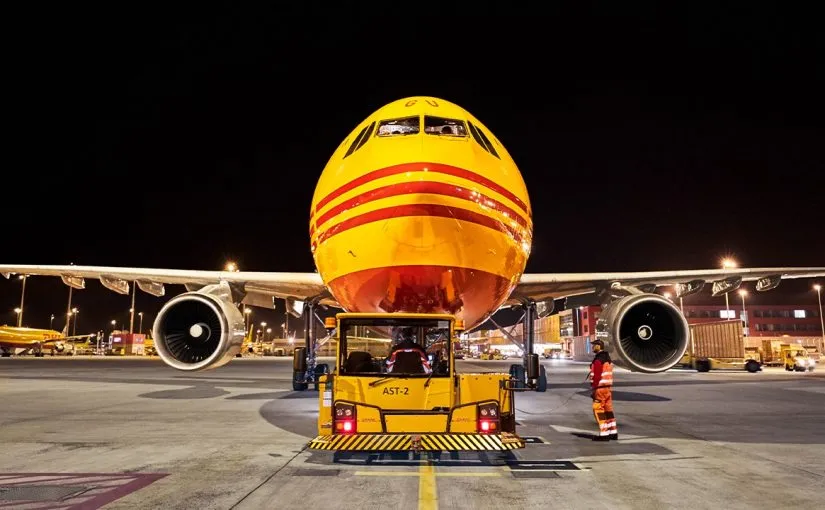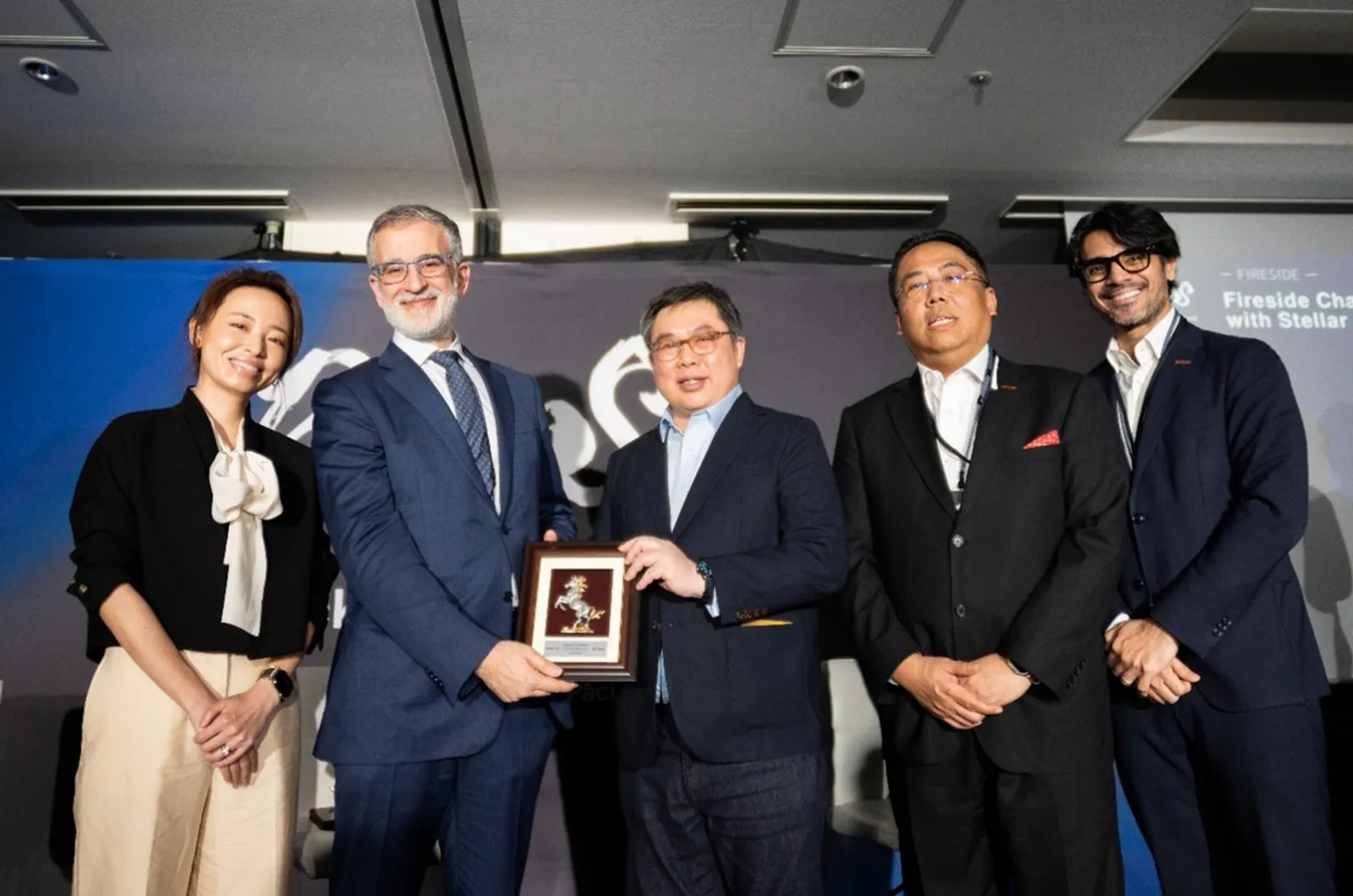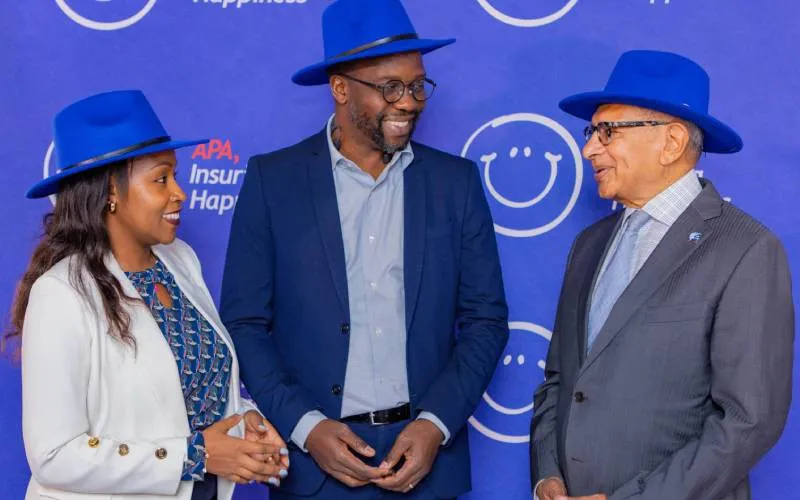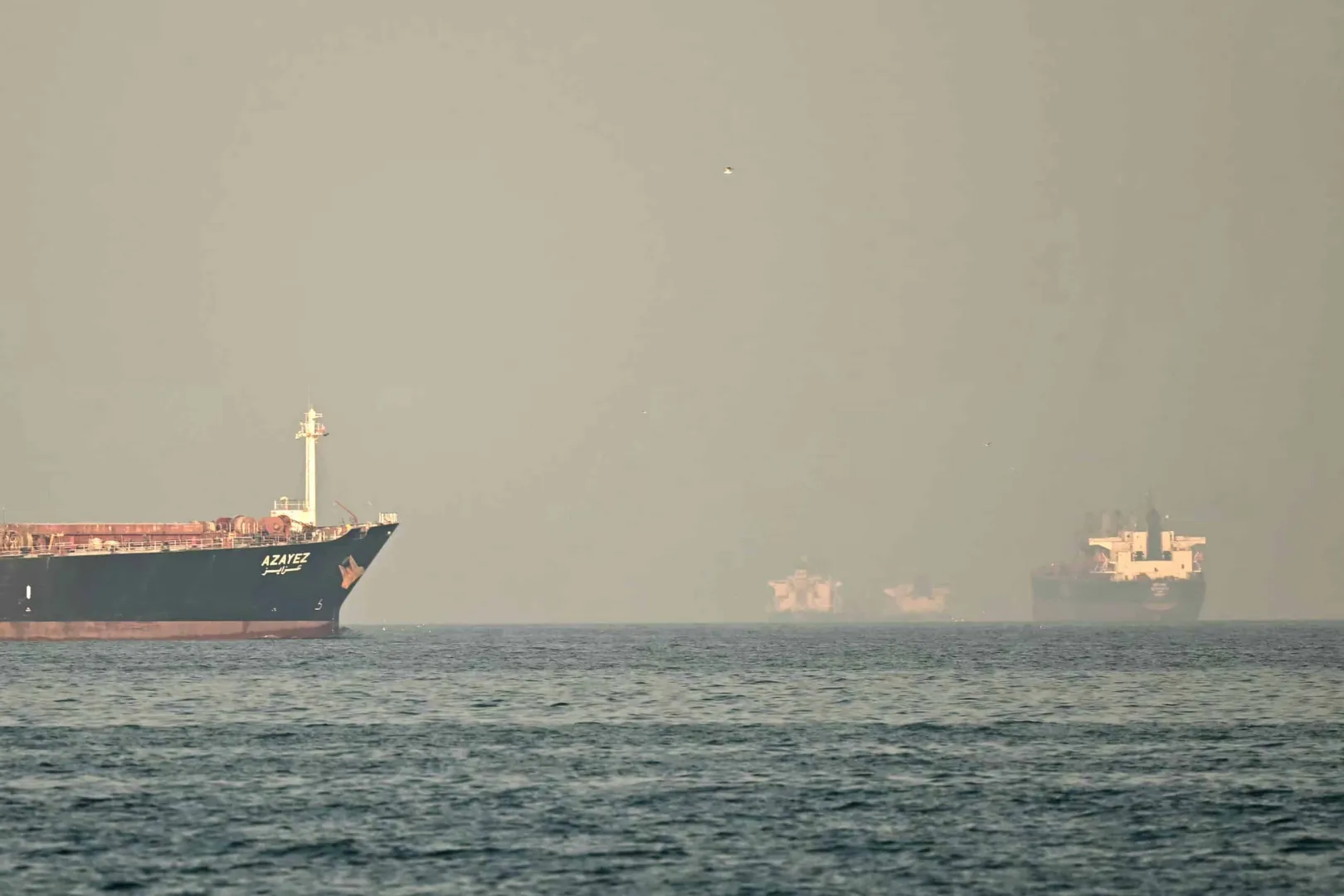In a significant move poised to reshape the pharmaceutical supply chain across two burgeoning continents, global logistics powerhouse DHL Group has unveiled plans to inject an impressive €500 million ($575 million) into healthcare infrastructure across Africa and the Middle East over the next five years. This substantial investment underscores a strategic pivot towards high-growth emerging markets, driven by escalating demand for advanced medical logistics and a rapidly evolving geopolitical and economic landscape.
The announcement, signaling a robust commitment to improving healthcare access and efficiency, comes at a critical juncture for both regions. As populations burgeon and health challenges evolve, the need for sophisticated, reliable, and secure pharmaceutical supply chains has never been more urgent. DHL’s latest foray is not merely a financial allocation; it’s a testament to a human-centric approach, recognizing that behind every shipment of vaccines or life-saving medication lies a patient in need, a doctor relying on timely delivery, and a community striving for better health outcomes.
A Strategic Vision: Why Africa and the Middle East, Why Now?
DHL’s €500 million pledge constitutes a quarter of its colossal €2 billion global healthcare investment strategy, cementing Africa and the Middle East as pivotal growth engines for the company. Annette Naude, DHL’s astute Head of Healthcare for Europe, Middle East, and Africa (EMEA), articulates the company’s conviction: “We see strong growth potential in Africa, with a focus on high-value, time-sensitive shipments such as vaccines, stem cells, and cryogenic materials.”
The timing of this massive investment is no coincidence. The global health landscape has been irrevocably altered by recent events, emphasizing the critical importance of resilient and responsive supply chains. The COVID-19 pandemic, for instance, exposed vulnerabilities in global logistics networks, particularly concerning the distribution of temperature-sensitive vaccines and therapeutics. This experience has spurred governments and private entities alike to prioritize robust healthcare infrastructure, especially in regions with large, diverse populations and evolving health needs.
Beyond immediate health crises, underlying demographic and economic shifts are fueling this demand. Africa, with its status as the world’s fastest-growing continent by population, is a prime example. This demographic dividend translates directly into a sharp rise in demand for pharmaceutical products and medical services. Moreover, the continent’s diverse climates contribute to a high burden of infectious diseases, ensuring a perpetual, significant need for medical supplies. Market intelligence firm Grand View Research projects the African pharmaceutical market to generate a staggering $33.8 billion in revenue by 2030, an opportunity DHL is strategically positioned to capture.
The Middle East, while presenting a different set of dynamics, is equally compelling. Gulf nations, in particular, are actively diversifying their economies away from oil dependency, pouring vast sums into healthcare, biotechnology, and logistics infrastructure as part of ambitious national visions like Saudi Arabia’s Vision 2030 and the UAE’s strategic development plans. These initiatives aim to transform the region into a global hub for specialized medical services, medical tourism, and pharmaceutical research and manufacturing, creating a sophisticated market for logistics providers.
The China Connection: Filling the Gaps and Forging New Paths
A significant, albeit complex, dimension to DHL’s strategy in these regions is the discernible influence of China. Annette Naude candidly acknowledged the shifting dynamics: “We see America has come in and cut costs, but we do see other countries coming to the forefront and filling those gaps. I went to China and met with several investors who are going to make investments on the African continent. Chinese investment in the region is really big.”
This observation speaks to a broader geopolitical and economic narrative. China’s Belt and Road Initiative (BRI), a monumental infrastructure development and investment strategy, has profoundly impacted trade routes and economic partnerships across Africa and the Middle East. While often associated with physical infrastructure like ports, railways, and roads, BRI also facilitates a substantial flow of goods, including pharmaceuticals and medical equipment, from China to these regions. Chinese pharmaceutical companies are increasingly active, not just as exporters but as investors in local manufacturing capabilities, further stimulating demand for efficient supply chain solutions.
The burgeoning trade relationship extends beyond minerals, traditionally a cornerstone of China-Africa engagement. China is a leading global producer of Active Pharmaceutical Ingredients (APIs) and finished drug products, making its pharmaceutical exports crucial for many African and Middle Eastern nations. DHL’s increased investment aligns perfectly with this trend, providing the necessary logistical backbone for a growing volume of medical goods moving from, to, and within these continents. The collaboration between China and DHL to establish a medical devices facility in Kenya, now exporting equipment to the Middle East and Europe, exemplifies this symbiotic relationship and showcases Africa’s evolving role as a manufacturing and export hub in global health supply chains.
Pillars of Precision: Warehousing, Packaging, and Supply Chain Management
DHL’s regional healthcare operations are comprehensive, spanning warehousing, specialized packaging, and intricate supply-chain management. The investment will fortify these pillars, ensuring that medical products, from everyday drugs to highly sensitive devices, are handled with the utmost care and precision.
A major focus for DHL is the critical aspect of product traceability. In an era where counterfeit medications pose a severe public health threat, ensuring the authenticity and integrity of pharmaceutical products from production to patient is paramount. Naude emphasizes this commitment: “We’ve built specialized warehouses that support ultra-cold shipments and allow for product serialization.” This means each individual unit of medication can be tracked, providing an immutable record of its journey. This level of granularity is not just about compliance; it’s about patient safety. “When a doctor issues medicine at the bedside of a patient he has to trust and rely on the network that medicine has been transported through,” Naude profoundly stated, highlighting the deeply human stakes involved.
The demand for “ultra-cold shipments” is particularly telling. This refers to logistics capable of maintaining temperatures as low as -70°C or even -80°C, conditions vital for certain vaccines (like mRNA vaccines) and cryogenic materials such as stem cells for advanced therapies. These specialized requirements necessitate purpose-built infrastructure, including freezers, temperature-monitoring systems, and highly trained personnel, areas where DHL is clearly investing. The ability to manage such complex logistics reliably can literally mean the difference between life and death for critically ill patients.
Key Hubs of Hope: A Closer Look at Strategic Locations
The €500 million investment will be strategically deployed across key hubs: South Africa, Egypt, Kenya, Dubai (UAE), and Saudi Arabia. Each location has been meticulously chosen for its unique strategic importance and potential to serve as a nerve center for regional distribution.
- South Africa: As Africa’s most industrialized economy and a gateway to Southern Africa, South Africa boasts a relatively mature healthcare sector and a sophisticated logistics infrastructure compared to many other African nations. It serves as a crucial entry point for pharmaceuticals destined for the broader Southern African Development Community (SADC) region. DHL’s investment here will likely enhance existing capabilities for large-scale distribution and specialized cold chain management.
- Egypt: Positioned at the crossroads of Africa, the Middle East, and Europe, Egypt offers unparalleled geographical advantage, particularly with its control over the Suez Canal, a vital global shipping artery. With a large and rapidly growing population, Egypt is also witnessing significant growth in its domestic pharmaceutical manufacturing industry, making it a natural hub for pharmaceutical logistics serving North Africa and parts of the Levant.
- Kenya: Often lauded as East Africa’s economic and technological powerhouse, Kenya is a pivotal hub for the Eastern African community. Its port of Mombasa is a critical entry point for goods, and its growing tech sector supports innovative logistics solutions. The recent establishment of a medical devices facility in Kenya, in collaboration with China, is a powerful testament to the country’s burgeoning role not just as a consumer, but as a producer and exporter within the global health supply chain. This facility, now exporting to markets in the Middle East and Europe, showcases Africa’s rising capability and the potential for intra-African trade in medical products.
- Dubai (UAE): The epitome of a global logistics and trade hub, Dubai offers unparalleled connectivity, advanced infrastructure, and a business-friendly environment. Its free zones are ideal for re-export activities, allowing pharmaceutical products to be efficiently stored, re-packaged, and distributed across the Middle East, Africa, and beyond. Dubai’s commitment to becoming a global healthcare destination, attracting medical tourism and advanced research, further solidifies its role in DHL’s network.
- Saudi Arabia: Under the ambitious umbrella of Vision 2030, Saudi Arabia is undergoing a massive transformation, with healthcare reform being a cornerstone. The kingdom is investing heavily in building world-class hospitals, research centers, and a robust pharmaceutical industry to serve its large domestic market and become a regional leader. DHL’s investment will undoubtedly support the infrastructure required to distribute the increasing volume of medical supplies and equipment within this rapidly developing market.
Adapting to Evolving Health Challenges and Innovations
While the fight against entrenched diseases like malaria remains a priority across Africa, Annette Naude underscored the importance of adapting to new and emerging healthcare challenges. The continent’s health landscape is dynamic, with non-communicable diseases (NCDs) like diabetes and cardiovascular conditions rising in prevalence, alongside existing infectious disease burdens.
One particularly interesting emerging trend highlighted by Naude is the growing demand for advanced insulin therapies originating from China. These newer formulations often offer enhanced ease of use and longer-acting profiles, reducing the frequency of injections. For many governments across the continent, facing resource constraints and aiming to improve patient adherence, such innovations are incredibly appealing. The logistics of distributing these temperature-sensitive products reliably across diverse geographies becomes even more crucial, underscoring the value of DHL’s specialized cold chain capabilities.
Beyond insulin, the increasing sophistication of medical diagnostics, personalized medicine, and telemedicine services also relies heavily on seamless logistics for equipment, samples, and results. DHL’s investment is not just about moving boxes; it’s about enabling these transformative shifts in healthcare delivery.
The Human Equation: Why Logistics Matters
Ultimately, the half-billion-euro investment by DHL is more than a corporate financial decision; it’s an investment in human well-being. The seamless flow of essential medicines and medical devices is fundamental to public health. When supply chains falter, the consequences can be devastating, leading to drug shortages, expired vaccines, and delayed treatments.
DHL’s focus on traceability, specialized storage for ultra-cold shipments, and rapid distribution capabilities directly translates into tangible benefits for patients. It means a child in a remote village can receive a life-saving vaccine at the correct temperature, a patient with diabetes can access their insulin without interruption, and a doctor can confidently prescribe medication knowing its integrity is assured. The complexity of moving cryogenic materials like stem cells across continents for advanced treatments underscores the high-stakes nature of this work; these are not just commodities, but the very building blocks of life and health for individuals in critical conditions.
By strengthening the “last mile” of delivery, DHL is not just optimizing its own business operations, but actively contributing to the resilience of healthcare systems. This often involves navigating challenging terrains, diverse regulatory environments, and ensuring secure transport, all while maintaining strict temperature controls and delivery timelines. It is a monumental logistical undertaking, but one with profound social impact.
Looking Ahead: The Future of Health Logistics in Africa and the Middle East
DHL’s ambitious investment marks a new chapter in the evolving narrative of healthcare logistics in Africa and the Middle East. It signals a recognition of these regions not just as emerging markets but as dynamic centers of innovation and demand. The challenges remain significant – from infrastructure deficits in some areas to the need for continued regulatory harmonization – but the opportunities are even greater.
This investment will likely spur further development in ancillary services, create employment opportunities, and foster local expertise in advanced logistics. It positions DHL not just as a service provider, but as a critical partner in the health and economic development of these vibrant regions. As global health demands continue to grow and technological advancements reshape medical care, the backbone provided by sophisticated logistics networks like DHL’s will be indispensable in ensuring that life-saving treatments reach every person, everywhere. The €500 million is more than money; it’s a tangible commitment to a healthier, more connected future.
Ready to take your career to the next level? Join our dynamic courses: ACCA, HESI A2, ATI TEAS 7 , HESI EXIT , NCLEX – RN and NCLEX – PN, Financial Literacy!🌟 Dive into a world of opportunities and empower yourself for success. Explore more at Serrari Ed and start your exciting journey today! ✨
photo source: Google
By: Montel Kamau
Serrari Financial Analyst
13th June, 2025
Article, Financial and News Disclaimer
The Value of a Financial Advisor
While this article offers valuable insights, it is essential to recognize that personal finance can be highly complex and unique to each individual. A financial advisor provides professional expertise and personalized guidance to help you make well-informed decisions tailored to your specific circumstances and goals.
Beyond offering knowledge, a financial advisor serves as a trusted partner to help you stay disciplined, avoid common pitfalls, and remain focused on your long-term objectives. Their perspective and experience can complement your own efforts, enhancing your financial well-being and ensuring a more confident approach to managing your finances.
Disclaimer: This article is for informational purposes only and does not constitute financial advice. Readers are encouraged to consult a licensed financial advisor to obtain guidance specific to their financial situation.
Article and News Disclaimer
The information provided on www.serrarigroup.com is for general informational purposes only. While we strive to keep the information up to date and accurate, we make no representations or warranties of any kind, express or implied, about the completeness, accuracy, reliability, suitability, or availability with respect to the website or the information, products, services, or related graphics contained on the website for any purpose. Any reliance you place on such information is therefore strictly at your own risk.
www.serrarigroup.com is not responsible for any errors or omissions, or for the results obtained from the use of this information. All information on the website is provided on an as-is basis, with no guarantee of completeness, accuracy, timeliness, or of the results obtained from the use of this information, and without warranty of any kind, express or implied, including but not limited to warranties of performance, merchantability, and fitness for a particular purpose.
In no event will www.serrarigroup.com be liable to you or anyone else for any decision made or action taken in reliance on the information provided on the website or for any consequential, special, or similar damages, even if advised of the possibility of such damages.
The articles, news, and information presented on www.serrarigroup.com reflect the opinions of the respective authors and contributors and do not necessarily represent the views of the website or its management. Any views or opinions expressed are solely those of the individual authors and do not represent the website's views or opinions as a whole.
The content on www.serrarigroup.com may include links to external websites, which are provided for convenience and informational purposes only. We have no control over the nature, content, and availability of those sites. The inclusion of any links does not necessarily imply a recommendation or endorsement of the views expressed within them.
Every effort is made to keep the website up and running smoothly. However, www.serrarigroup.com takes no responsibility for, and will not be liable for, the website being temporarily unavailable due to technical issues beyond our control.
Please note that laws, regulations, and information can change rapidly, and we advise you to conduct further research and seek professional advice when necessary.
By using www.serrarigroup.com, you agree to this disclaimer and its terms. If you do not agree with this disclaimer, please do not use the website.
www.serrarigroup.com, reserves the right to update, modify, or remove any part of this disclaimer without prior notice. It is your responsibility to review this disclaimer periodically for changes.
Serrari Group 2025
















